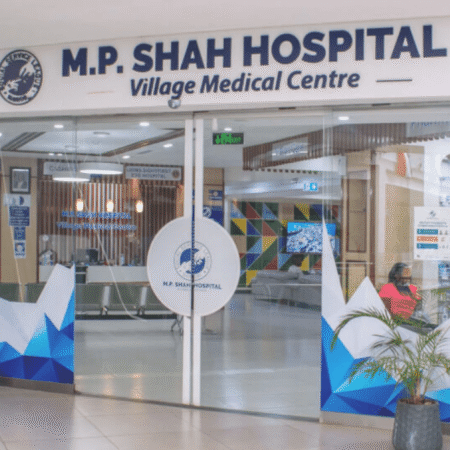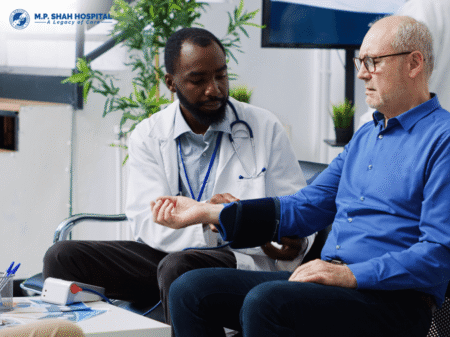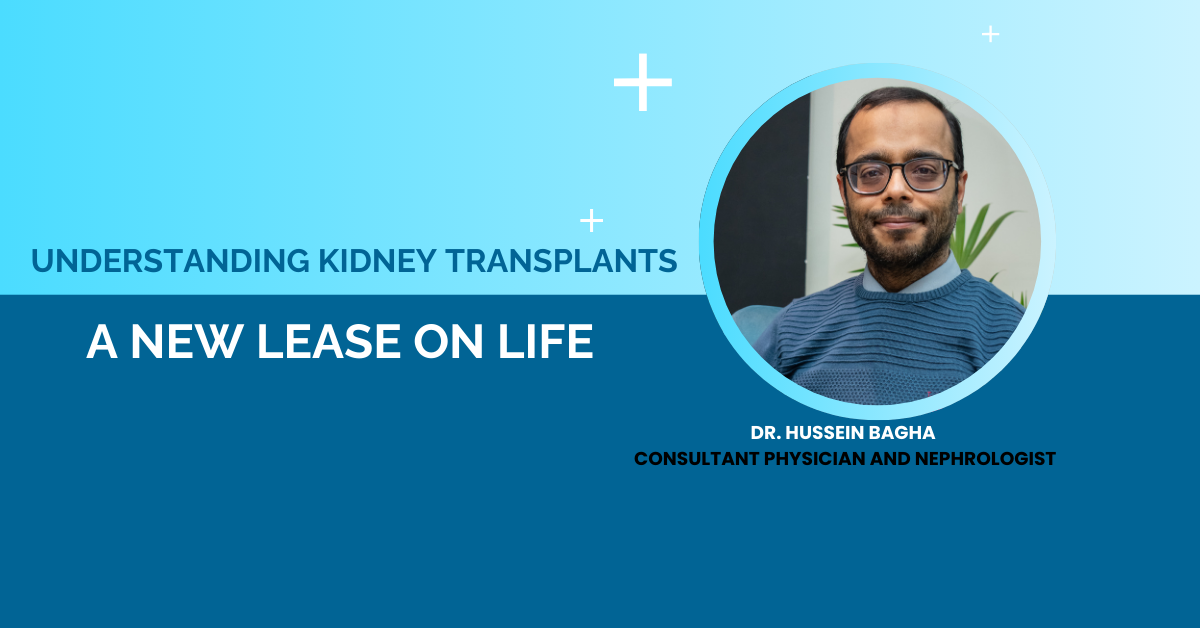
Introduction
In some medical emergencies, timing is everything; be it an accident or sudden illness, having an emergency hospital in Nairobi may be your best chance for survival. M.P. Shah Hospital has a long history of developing its emergency unit and is a trusted name, committed to providing timely, well-coordinated 24-hour / 7 days a week emergency response services. In this blog post, you will see the reliability of their emergency unit when minutes and seconds can mean hours and days.
Round-the-Clock Readiness
M.P. Shah Hospital is known for its fully equipped and operational emergency department that works 24 hours a day. Being a key emergency hospital in Nairobi, the facility is designed to handle a wide range of urgent situations, from minor injuries to life-threatening conditions.
They have trained emergency medical doctors, nurses, and support staff standing by. They are assisted by an in-house laboratory, radiology, medical pharmacy, and ICU for severe cases. Patients are not delayed by long waits or external referrals — all services are under one roof.
Fast and Efficient Patient Handling
The emergency care unit at M.P. Shah is uniquely strong in how they manages incoming patients. With every patient that arrives, whether it is someone who just walks in or a patient who is brought by ambulance, they start with a triage team assessing each case based on urgency. The most serious cases are seen first, but less urgent ones are still seen quickly.
This means that everything is done efficiently using resources, and everyone receives care when they need it — a feature of any excellent emergency hospital.
This system ensures that resources are used efficiently and that everyone gets the care they need without delay — a hallmark of any top emergency hospital in Nairobi.

Advanced Equipment and Technology
The hospital is equipped with modern tools for prompt diagnosis and treatment. From portable X-ray machines and ventilators to cardiac monitors and emergency surgical kits, the department guarantees doctors are able to respond quickly.
The emergency team is also connected to the hospital’s primary surgical and medical departments. This arrangement enables immediate transfer to operating theatres or admission as necessary. Intensive care patients are immediately transferred to the ICU, which is administered by the trauma and critical care hospital wing.
Expert Team for Every Emergency
Every emergency needs the right expert. Whether it’s a heart attack, stroke, accident, or allergic reaction, M.P. Shah Hospital brings together specialists from different fields. The emergency staff work hand in hand with cardiologists, orthopaedics, neurosurgeons, and paediatricians.
Such teamwork ensures that patients don’t have to wait for expert opinions or move to other centres. This is what sets apart a trusted emergency hospital from smaller clinics and general facilities.

Serving Nairobi with Dedication
M.P. Shah Hospital, being located centrally in Parklands, makes it easily accessible from anywhere in Nairobi. They also work closely with ambulance services and police units to ensure accident and trauma cases are handled without any delay.
Their emergency room is designed to serve a wide community, offering equal care for adults, children, and the elderly. Whether it’s day or night, their commitment to providing 24/7 emergency care Nairobi never changes.
Addressing Urgent Needs with Compassion
Apart from being effective, the staff at M.P. Shah is also compassionate. During times of panic, fear, and pain, their nurses offer reassuring, clear, and calm attention. The families are informed, and the patients are treated with dignity.
This human touch is what makes them a top choice for urgent medical services in Nairobi. You’re not just another number in line — you’re a person receiving real care from real people.
Why Choose M.P. Shah Hospital?
If you’re looking for a reliable emergency hospital in Nairobi, M.P. Shah Hospital should be at the top of your list. They combine fast response times, skilled medical staff, modern technology, and compassionate care in one location.
Their coordination across departments — from diagnostics and surgery to the trauma and critical care hospital unit — ensures that patients receive total care without delay. With its years of experience and good reputation in the city, M.P. Shah Hospital provides you with peace of mind in any emergency.
Take Action Now — Your Health Can’t Wait
Emergencies strike when we least anticipate them. Knowing where to seek shelter will save lives. For yourself, your family, or your co-workers, it’s important to stay prepared.
Visit M.P. Shah Hospital today to find out more about their emergency services. Save their number, memorise their location, and be prepared — because during a real emergency, there is no time to lose. Select the emergency hospital in Nairobi that prioritises your health.










